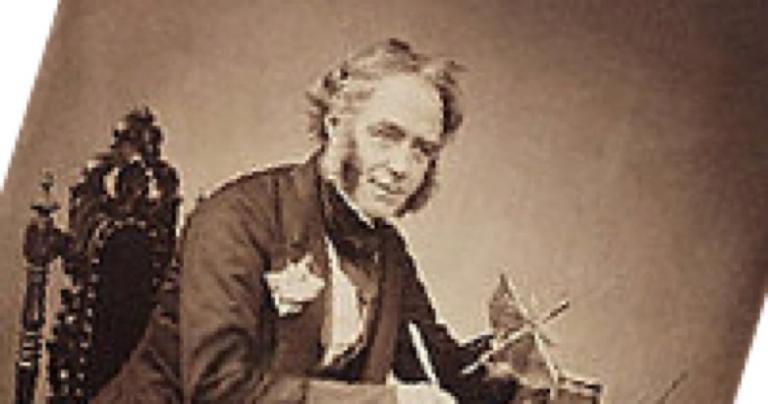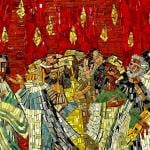 Work at a non-profit and you will eventually meet The Big Head: the person who allegedly knows what to do, but is actually incapable of doing anything. They often draw a big salary having sold the Boss, but when the work comes are absent without leave. Such people ultimately are a disaster to the organization and to the community, but they too are souls created in the image of God and as a result we can and must learn from them.
Work at a non-profit and you will eventually meet The Big Head: the person who allegedly knows what to do, but is actually incapable of doing anything. They often draw a big salary having sold the Boss, but when the work comes are absent without leave. Such people ultimately are a disaster to the organization and to the community, but they too are souls created in the image of God and as a result we can and must learn from them.
This is a hard saying.
If we can love our enemies, then we can love Big Head.
If Scripture is not enough, we see Plato making the same point in Republic. Athens is in a bad way. Education is done for profit and not for learning. The city is decadent and nobody is sorry. Soon the democrats will vote to kill Socrates, the lover of wisdom.
This is a tough time for republican values.
The epitome of the brokenness of Athens is Cephalus: the Big Head. He is as unctuous as Trollope’s Reverend Slope, as pompous as Shakepeare’s Polonious, and as useless as Aquaman in the Super Friends. In the end, he must be removed or wisdom will flee, but Plato pictures Socrates learning from Cephalus in page after page.
Wisdom. Let us attend.
Cephalus is an indictment of Athens. He is powerful due to his wealth. His house is a center for young men all around Athens, including Plato’s half-brothers, but he cannot be a citizen. Unlike the G0d-fearing Jewish people, the Athenians will not allow anyone ever to be a citizen from outside the City. These traders, outsiders, these metics, may have more day to day power than citizens, but they can never be fully part of the City where they have lived for generations.
This warps them as it corrupts the City. They are in, but not of and so have a stake, but not a total share in the governance of Athens. Cephalus is dying and so is the City that will not admit that Athens is his home. His sons can be corrupted by Athens, but cannot help the City.
Cephalus has learned a thing or two, but he has no place to express his opinions. He can spend, but he cannot vote. As a result, his money corrupts Athenian politics, but his good opinions are heard only at home. Socrates is dragged there, against his will, but Socrates loves wisdom so he will engage with anyone.
The old man teaches Socrates what it is to be old, rich, and yet powerless. He has things to say that are true, but no place to say them so they have bottled up inside him until they stink. Cephalus is a Dead Sea: all input, no output. This is the fault of the democracy, but it is too late for change.
Cephalus is dying, but so is the Republic.
Socrates will not give up. He refuses to treat Cephalus as a metic: Socrates will learn from him if learning is possible at all. Socrates will honor Cephalus with hard questions. In the end, of course, Cephalus will fail.
The Big Heads always do.
Plato is true to reality. He does not flinch from picturing Cephalus as unctuous, impotent, and useless. Still Plato will not make such a man inhuman or incapable of wisdom. Instead, Plato’s Big Head is a condemnation of the City that created him, elevated him, and also kept him in a box. Cephalus is full of wise sayings, but a fool. He is a great talker, but impotent.
Athens made Cephalus and Cephalus made decadent Athens. They are rotten together, wise together.
In decadent times, and when are they not decadent times, all us must remember: we can learn, even from Big Head.
———————————————-
*I begin an informal summer reading of Republic using Scott/Sterling (a new translation for me). Part 1. Part 2. Part 3. Part 4. Part 5. Part 6. Part 7. Part 8. Part 9.
**I have no idea how much of what I know is just Professor Al Geier filtered through my eccentricity. Here is to you Al!













